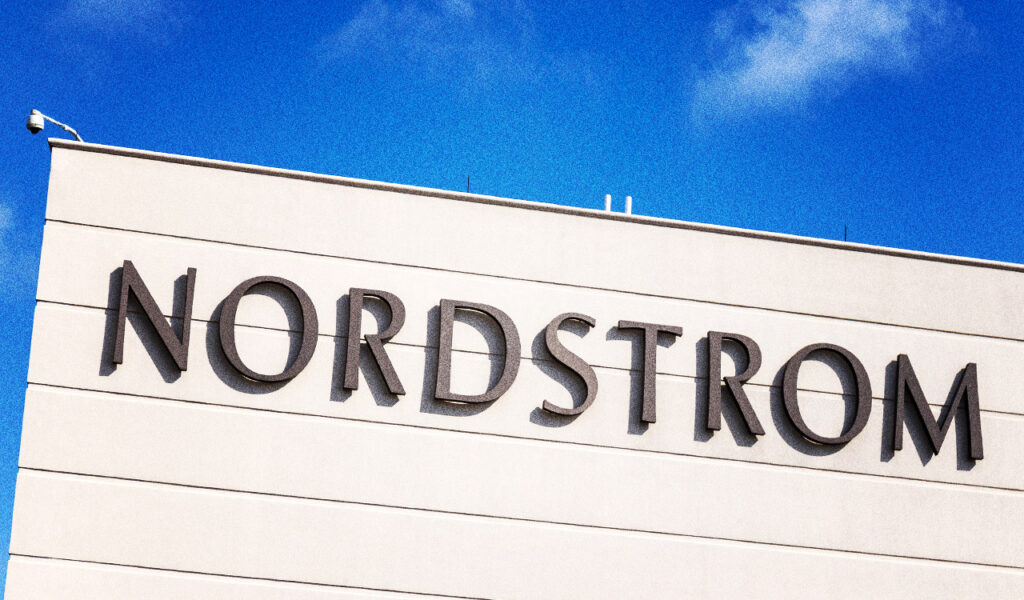Nordstrom Rack: Chasing Growth Before Success
Between 2008 and 2018, Nordstrom Rack grew at an extraordinary pace. In that 10-year span, Nordstrom’s off-price revenue more than quadrupled as the retailer rapidly expanded the Rack store base and pushed into e-commerce to meet growing demand for value […]
Nordstrom Rack: Chasing Growth Before Success Read More »









